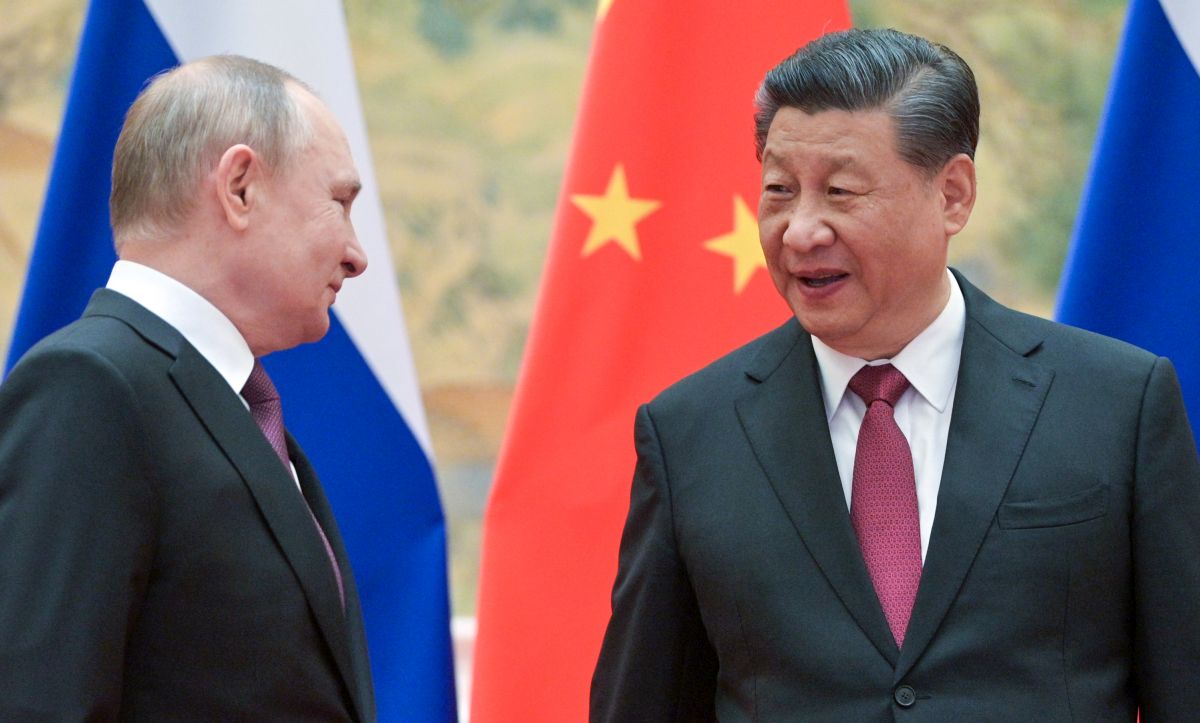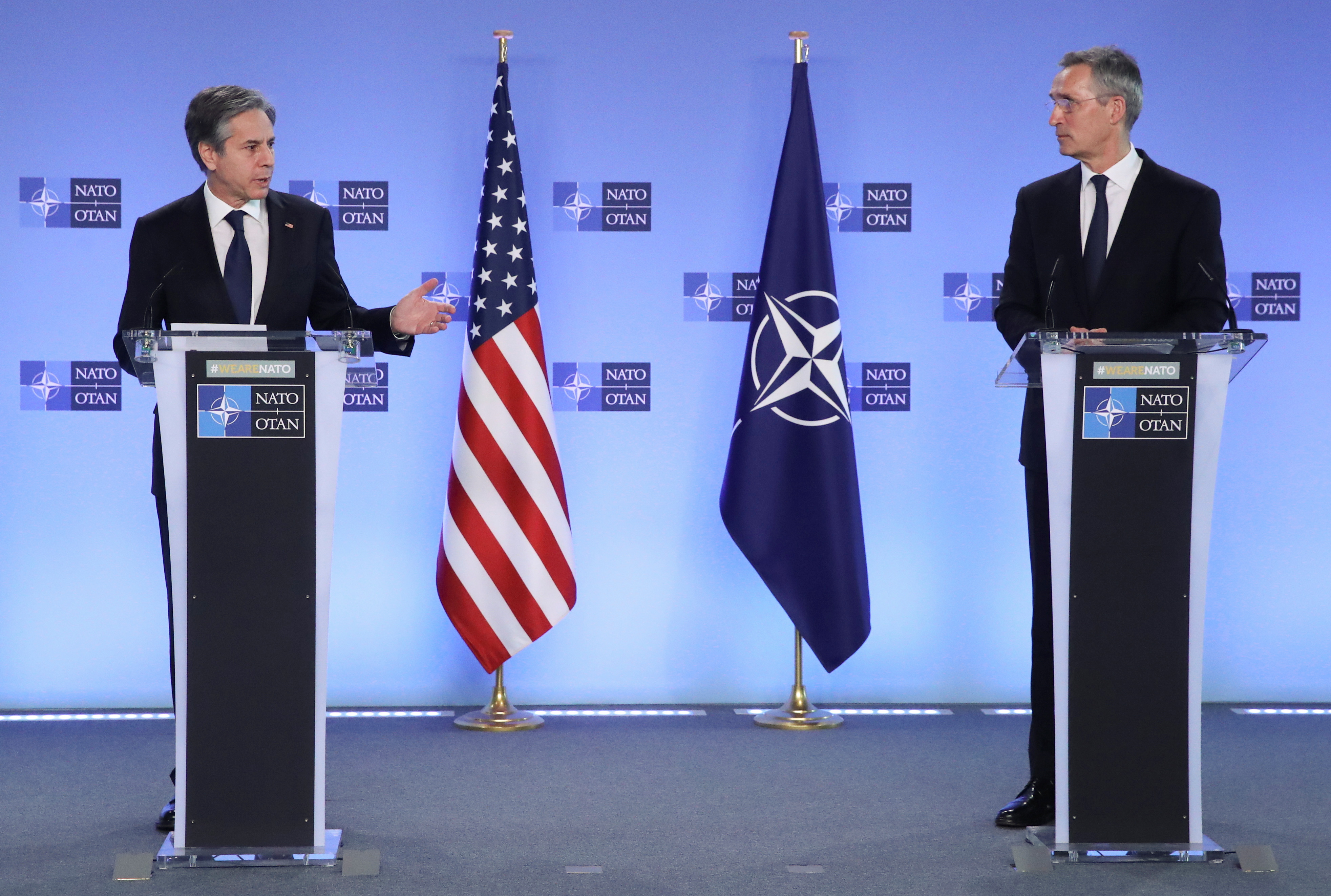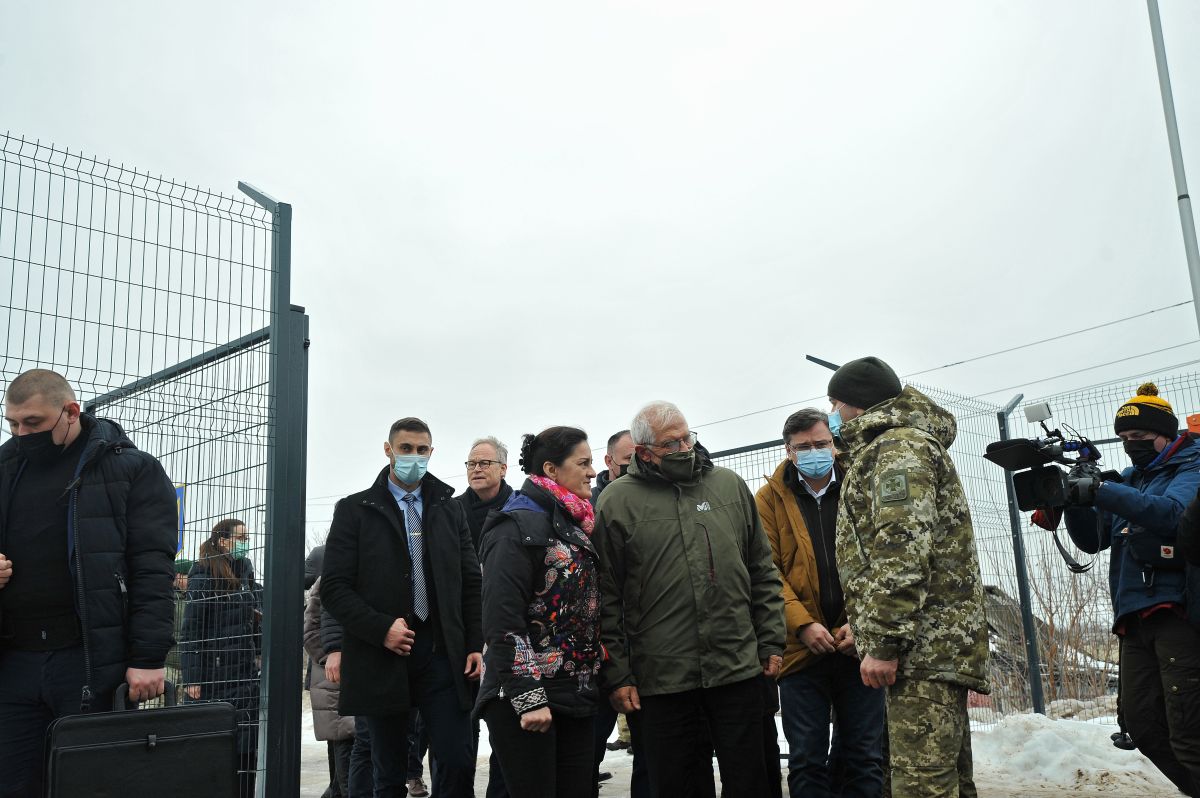Xi-Putin Meeting - China's Open Support for Russia's Policy Objectives
On 4 February, President Vladimir Putin paid a visit to China for the start of the Winter Olympics. Following the meeting with Xi Jinping, China and Russia issued a joint statement. For the first time, China has openly supported Russia in its security policy goals and has announced coordination with the Russian authorities. The Chinese support for Russia may have consequences for the security environment in Europe.
 Fot. TASS/ Alexei Druzhinin/ FORUM
Fot. TASS/ Alexei Druzhinin/ FORUM
Under what circumstances did Xi and Putin meet?
Putin met with Xi just before the Opening Ceremony of the Winter Olympics in Beijing. The meeting took place as Russia and China are escalating situations in their neighbourhoods. Russia is threatening aggression against Ukraine and China is demonstrating its power in the Taiwan Strait, for example, through frequent incursions into Taiwan’s Air Defence Identification Zone. So far, the moves by both countries have met with a coordinated diplomatic response from the democratic world. In the case of Russia, the U.S. and NATO have rejected its demands, President Biden increased the number of U.S. troops on NATO’s Eastern Flank, the U.S. and some European countries have provided Ukraine with weapons, and the EU materially supports Ukraine and threatens Russia with sanctions. In the case of China, the United States is increasing its support for Taiwan (e.g., arms sales decision, Biden’s assurances that the U.S. is committed to defending Taiwan), and closer cooperation with the island has been declared by the EU and its members. The EU has also launched WTO proceedings against China over discriminatory trade practices against Lithuania.
What is new in the joint statement?
It contains a wide range of topics, mostly related to security cooperation. The novelty is China’s open support for Russia’s foreign and security policy and the announcement that the moves of both countries will be coordinated, also in strategic matters. For the first time, China explicitly backed Russia’s opposition to further enlargement of NATO, suggesting that the Alliance (as well as AUKUS and other similar coalitions) is seeking confrontation by undermining international security. In the statement, China stated it understands and supports the Russian proposals for security guarantees in Europe. Russia and China also accused “foreign forces” of breaching security in their neighbourhoods by trying to initiate “colour revolutions”. They also suggested China and Russia are actively changing the international order (through what they call the democratisation of international relations and “true” multilateralism), which includes promoting each country’s own understanding of democracy in international relations and creating own international standards, for example, in digital matters.
Why has China decided to support Russian policy?
The main reason is China’s deteriorating international position, including the security situation. The U.S. administration is trying to strengthen existing and build new alliances in Asia (e.g., AUKUS) to deter China and provide support for Taiwan in case of Chinese aggression. Another role is played by the strengthening of Taiwan’s international position in the last year. For China, it has no alternative to open cooperation with Russia to some extent. Authoritarian Russia, like China, wants to change the existing international order, has territorial claims (in the case of Russia it is the concept of spheres of influence, in China’s case, it is “core interests”, i.e., territorial claims in the South and East China Sea and efforts at reunification with Taiwan), and the main adversary of both countries is the United States—the guarantor of security for its allies in Europe and Asia. China hopes that by supporting Russia’s moves in Europe that will distract U.S. attention from Asia. On the other hand, Russia’s opposition to AUKUS, support for China’s position on Taiwan, and a new agreement for Russian gas exports to China (important for China due to climate change and economic tensions) are signals that China may count on Russia in case of a crisis in its neighbourhood.
What does China’s support for Russia mean for Europe?
China’s attitude may have consequences for the security environment in Europe. So far, despite the tightening of Sino-Russian relations, China has avoided open support for Russia’s aggressive actions, instead pursuing an ambivalent approach as seen during the Russian aggression against Ukraine in 2013-2014. This stance created opportunities for dialogue with China and at least attempts to indirectly influence Putin. Current open Chinese support for Russia’s actions may encourage it to further escalate the situation in Europe. For China, this may be an opportunity to test the U.S. response to the Russian threats and possible war. On the economic level, China is already examining the response of the EU and the U.S. to the informal Chinese sanctions and threats against Lithuania and multinationals cooperating with and present in Lithuania and China. China may drown on the lessons learnt from the dispute with Lithuania and the Russian threats against Ukraine to better prepare for an economic and security crisis in its neighbourhood.




